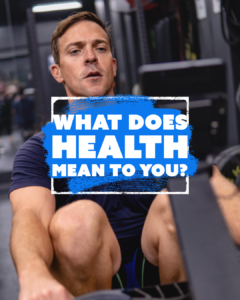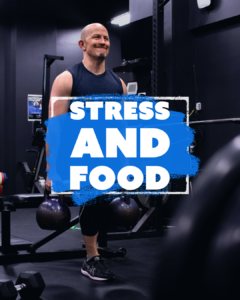Maintaining a healthy body & body image during the holidays
This time of year brings a host of challenges: there is pressure to look perfect for holiday parties and photos, a constant bombardment of delicious treats and drinks, and visits with friends and family you haven’t seen in a while who may be prone to commenting on your body and/or food. After all this, it’s only natural that so many feel pressured to start a new diet or exercise regime in January. Here are a few tips to stay healthy, happy, and confident through the holiday season:
- Do not start a diet now. You’ll be unable to adhere to it when your routine and schedule is likely all over the place and you’re surrounded by holiday food. Trying to restrict will only make you want to eat more of those treats when you’re around them, especially if alcohol is involved.
- Do not skip meals. It may seem practical to skip a meal when you have a big dinner or party, but you’ll be famished and end up eating more later.
- If you choose to drink, set an alcohol limit. How many drinks do you need to have a good time? Think about it and set a reasonable amount of drinks to consume. Alternating alcoholic beverages with water, pop, or mocktails will help.
- Choose clothing that is comfortable and flattering. This is not the time to try squeeze into an old outfit that makes you feel self-conscious; choose whatever is going to make you feel confident.
- Focus less on how you look or weigh during the holidays and instead think about what do you want to get out of the holidays—it could be socializing, relaxation, indulgence, generosity, celebration, to name a few.
- Set boundaries with friends and family members if they choose to comment on your body or food. You can be direct, polite, change the subject, or ignore them, but do whatever is necessary to enjoy your holidays.
- Keep the big picture in mind. You likely won’t be able to exercise as often as you’d like, you’ll eat too many treats, you’ll wake up with a hangover, and you might gain a few pounds. And that’s all okay. It’s a few weeks out of the year, so instead appreciate being with family and loved ones, enjoying your food, and building memories.


